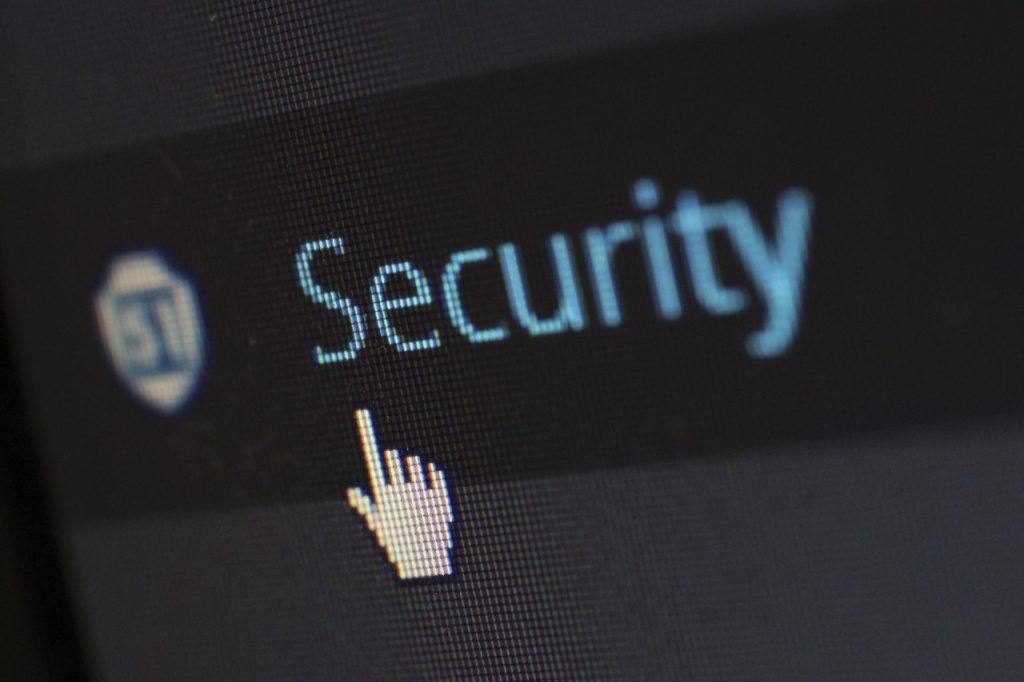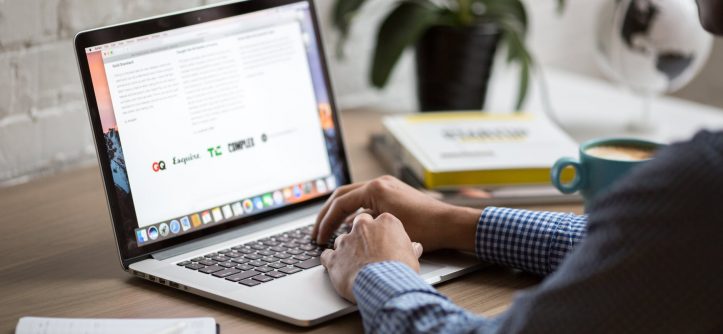If you are going to be using a smartphone, tablet computer, or notebook around the world, protecting your information really matters. It does not take an enormous effort or cost to keep yourself secure however if you do not, you are at serious risk of losing all of your trip photographs, getting your identity stolen and bank account hacked.
Below are comprehensive tactics based on IT consulting business who encourage you to back up your memories the ideal way, protect your information, and prevent common security threats. By doing these things, you won’t ever be worried about the tech and data you utilize.
Public computers are not good.
In the 90s, internet cafes were pretty much the only means to go online. However, a lot of these dusty cafes have since closed down as travellers utilize their own mobile technology and inexpensive Wi-Fi links around the world. From a safety perspective, that is a fantastic thing. Public computers are terrible information.
They are normally full of all sorts of unknown applications installed by employees and customers through time.
- Virus and Security updates do not get done. No one cares enough to keep things up-to-date. It is quite simple to install key-logging applications which will capture whatever you sort, sift through it to get whatever resembles usernames and passwords, and ship it off for other people to utilize.
In summary, if you have some other method of getting online, utilize it.
If you absolutely need to use a public computer, it is a dire emergency or you truly must print that boarding pass, there are a couple of ways to make it somewhat safer. These are not foolproof, but they are a great beginning:
- Do not do anything regarding cash. What follows is online banking, Paypal, and other financial services, in addition to purchasing anything on the internet that takes you to input credit card information, are off limits. You are simply taking unnecessary risks by doing this.
- Utilize two-factor authentication for as many online services as you can. These combine what you know (such as a password) and something you have (an SMS message, telephone, fingerprint scanner, or distinctive app) to make passwords that are unread. Even when your account data is stolen, then nobody else can use it to log into. SMS-based authentication systems may be troublesome for travellers, particularly if your phone does not work abroad, so take a look at other alternatives such as the Google Authenticator program for your mobile or tablet computer first.
- USB sticks might help. If you travel with your own laptop or Android device and will need to print out something, copy the document on a memory stick ahead and use that, instead of logging on email on a shared computer. You might even copy software you most likely want on a USB stick, and use that rather than these suspicious versions installed on the computer you are using. Even simply using a browser such as Firefox Portable or Chrome Portable is a fantastic start. Have a look at Portableapps.com to observe the selection of mobile software that is available.
Just make sure you scan your USB stick for viruses frequently in the device you trust.
- For an absolute minimum, utilize the internet browser Incognito/Private Browsing manner to prevent your information being stored, log from each of the programs you use, and then reboot your computer when you are finished with that. You can use services that have cloud computing security for added measure if you are unable to travel with your own mobile device.

Public Wi-Fi is fantastic, but it is not secure.
Cafés, hostels, airports, as well as parks and public areas frequently provide cheap or free Wi-Fi that anybody can use. At times it’s difficult to understand where a sign is even coming out, but when we could see it, you can bet we will attempt to utilize it.
By default much of your data is visible to anyone with the correct tools since it goes over a wireless network. Networks that require a password are not much better than the ones who don’t, just how many individuals are given the specifics to your hostel’s Wi-Fi this month?
You need to assume that other people may relate to the network you are using. Once they’ve completed that, any info you do not protect are in danger. Someone could literally sit drinking a coffee at the corner while their personal computer scans also saves your private info.
- Use Virtual Private Network (VPN) applications. Essentially, a VPN allows you to connect to a host somewhere else on earth and encrypts all of the information that moves between it and you. Great free options comprise TunnelBear and Cyberghost, which may also be updated to unrestricted compensated services. I utilize Witopia PersonalVPN Guru, that costs around $6/month and has worked in every nation I have attempted tried it in. Start looking for a service which may be used with both notebooks and mobile devices, which specifically says it functions in China. If it works there, it is very likely to operate anywhere.
- When for any reason you can not use a VPN, at least shield your internet browsing. Try typing https rather than http to the address bar, to get Gmail, by way of instance, you’d kind https://gmail.com. When a padlock appears beside the speech, the information you send and receive from this website is encrypted. If you are using Chrome, Firefox, or Opera, it is even simplerto set up the HTTPS Everywhere plugin and it will do this for you automatically.







